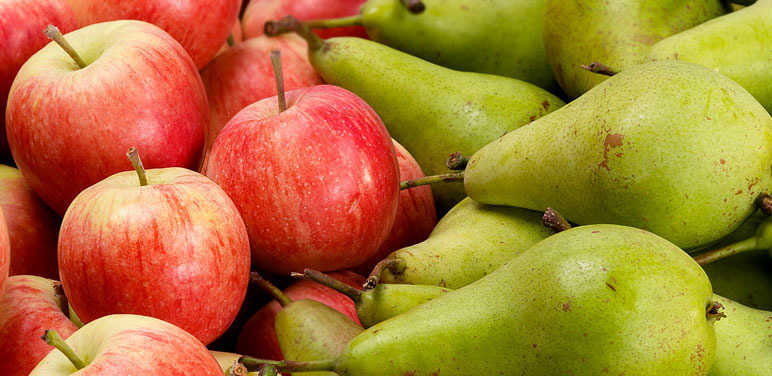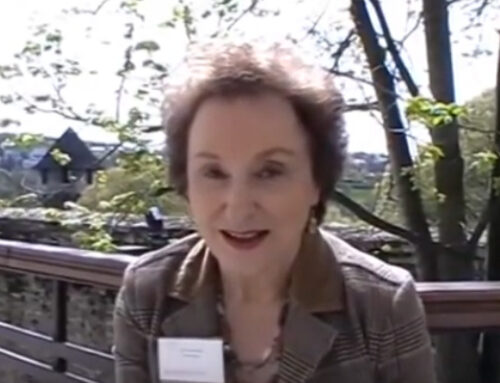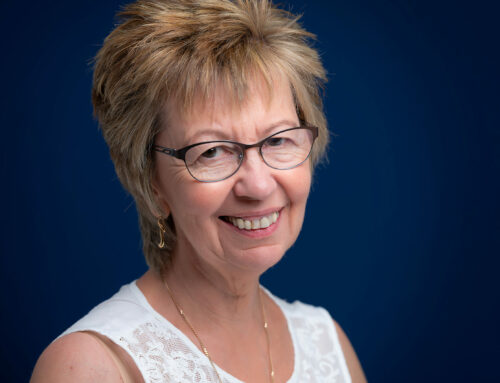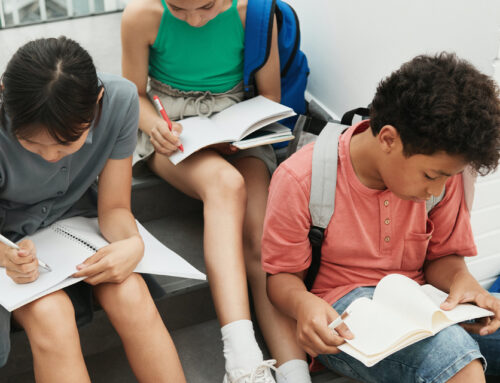I was always taught that it is only by understanding the past that we can learn for the future. In preparation for our 50th birthday celebrations this year, a small group of volunteers over the past few years has been going through every set of Trustee minutes and Board papers since 1967; no mean feat! That is why I know that the first time the question about the appropriateness of the phrase ‘gifted and talented’ was raised was at the second meeting in that year, fifty years ago. The meeting refers to a document that a Trustee had written (now lost unfortunately) which talks about the pros and cons of using the term ‘gifted and talented’. I suspect that document would have made very interesting reading.
At Potential Plus UK (and before that The National Association for Gifted Children), we have long understood what we mean when we refer to children with high learning potential and what our Government and its agencies (such as Ofsted and equivalent) mean by ‘gifted and talented’ are two separate things; ability and achievement.
Simply put, a highly able child, without the right support, is not necessarily the child who achieves the highest grades in school. In addition, the child who is the highest achiever in school is not necessarily the child who has the highest ability. Whilst we would like both to be true, ability and achievement are not the same thing and should not be treated as such.
Let me illustrate these assertions:
Imagine a child who is already reading when he goes to school but then needs to follow the school structure. He starts at the bottom of the reading tree and learns phonics even though he may already be able to read books with chapters. The child loses the passion he had for reading or pays lip service to the school reading scheme. He consequently does poorly in school tests so that his potential is not realised and may be completely unrecognised.
Or the child who finds everything easy in school and gets things right without facing any challenge to her thinking. She coasts and eventually forgets how to learn, does poorly in exams and gives up the first time she meets a real challenge in the classroom or beyond.
In both of these examples, the children have the ability but they do not achieve.
Imagine a child who is has above average (but not the highest) ability, has high levels of motivation and a passion for learning in the classroom. The school curriculum challenges the child adequately and he develops good techniques for learning. (Renzulli considers three factors important for the development of gifted behaviour: above average ability, creativity, and task commitment1). He might well go on to achieve higher academic grades than the highly able child.
Although all of these children might need support and understanding, I would argue that children with high ability might have additional needs which must be recognised and understood both by teachers and parents for them to thrive and succeed. Common issues amongst the children we support include:
- High levels of perfectionism accompanied by low levels of resilience
- Extreme sensory issues
- Asynchronous development
- Differential levels of cognitive ability, working memory and processing speeds
Many children with high learning potential have very ‘spiky profiles’; in some areas there is very high ability but others are ‘out of sync’. Unless this is recognised and supported, ability and attainment will not have parity.
Where does this leave us in education, particularly in an outcomes-driven system where achievement is all?
I would like to propose that there should be two labels and two definitions for the issues we are addressing. Firstly, we can speak about and provide for high attainers – those pupils the school predicts are most likely to achieve the highest grades and who will drive their ‘good’ or ‘outstanding’ rankings with the inspection team. Secondly, we can speak about and provide for high potential learners – those who show signs of high ability and who need support to thrive and achieve highly. If such children are already achieving the highest grades, they belong to the first group and can be catered for within current school provision. However, if they are not currently part of the first group it is understood that they are underachieving and provision, that is built on a firm understanding of why and how the issues can be addressed, needs to be put into place.
Overarching all of this would be a standardised terminology and definition, something greatly lacking in the current strategy for schools. Then we really have a chance of talking apples and pears across all types of school and situation.
Denise Yates
Chief Executive of Potential Plus UK
1Renzulli’s Three-Ring Conception of Giftedness. More information is available here: http://www.gigers.com/matthias/gifted/three_rings.html






